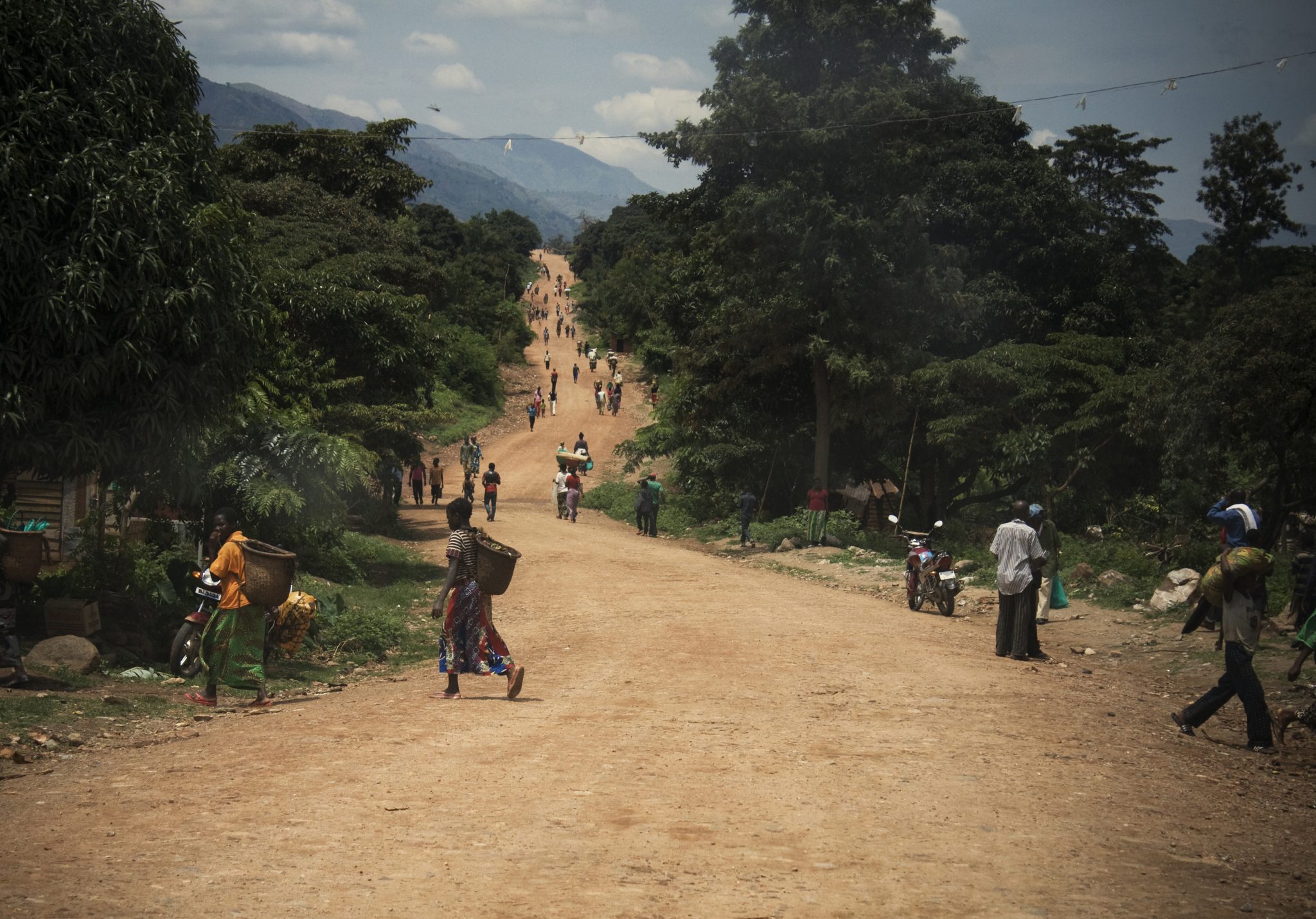Inequality costing Africa billions
Gender inequality is costing sub-Saharan Africa an average of USD 95 billion a year. Such were the findings of a recent report by the UN Development Program (UNDP). When women are economically and socially excluded, economic development lags behind. Destructive norms and discrimination are root causes.

The UNDP’s African Human Development report 2016 concludes that the opposition in African societies to women’s social, political and economic empowerment affects the continent’s development: the less equal a society is, the slower it can move forward.
The annual cost for this inequality is USD 95 billion on average – more than the combined GDP of the Democratic Republic of the Congo, Liberia, Cameroon and Ghana.
Women prevented from studying
Conservative structures in African societies are one of the reasons behind the problem. In many places, social norms prevent women from getting an education or holding a paid job. Instead, women are forced to spend time on other, unpaid work. Over 70 percent of water collection, a chore that takes considerable time and effort, is done by women, for example. When women do have a job, they are often paid lower salaries, which further aggravates inequality.
Kvinna till Kvinna’s regional manager for Africa, Malin Brenk, notes that the conclusions of the report unfortunately come as no surprise.
“But together with our partner organisations in Africa, we tirelessly address the problem. We work to increase women’s political influence, for example, and ensure girls can safely attend school without being subjected to sexual harassment,” she says.
Norms need to be changed
UNDP’s report includes suggestions on how to tackle the problem. These include improving legislation to meet the needs of women, introducing policies to empower women in development cooperation, and challenging destructive norms, not least when it comes to violence against women.
“If gender gaps can be closed in labour markets, education, health and other areas, poverty and hunger eradication can be accelerated,” says Helen Clark, UNDP administrator.